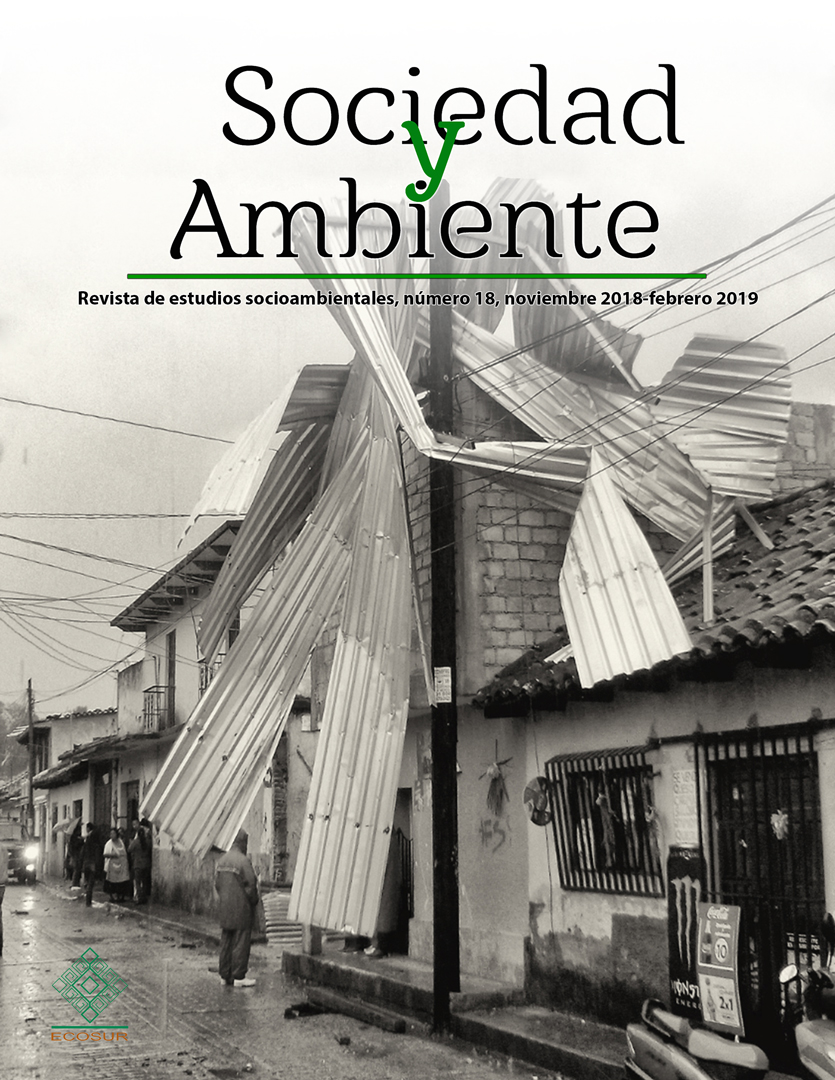Abstract
The northeast of the province of Mendoza (Argentina) is located in the drylands ecosystem, characterized by severe desertification, limited availability of natural resources and scattered human settlements. This article seeks to understand the scattered configuration of the settlements in relation to the ecological characteristics of the territory, the productive activities undertaken and the role of the state. The aim is to analyze this type of settlement to understand the importance of its current location and its link with sustainability. The methodology used was direct observation and semi-structured interviews with the local population together with bibliographic information. The results show that the scattered settlement pattern reflects the ecological and social characteristics of the territory and currently constitutes a strategy for dealing with desertification in the undertaking of productive activities. The conclusions highlight the importance of considering social, economic and ecological factors in an articulated manner in the approach to these settlements and the importance of the interaction between the state and the local population for achieving local sustainability and addressing desertification.

Sociedad y Ambiente by ECOSUR is licensed under a Creative Commons Reconocimiento-NoComercial-SinObraDerivada 2.5 México License

